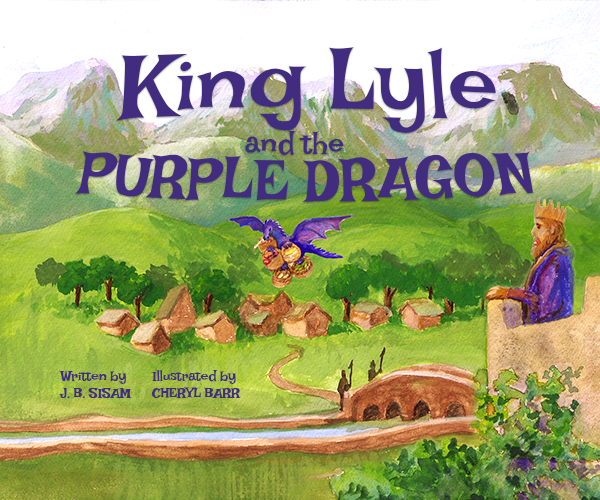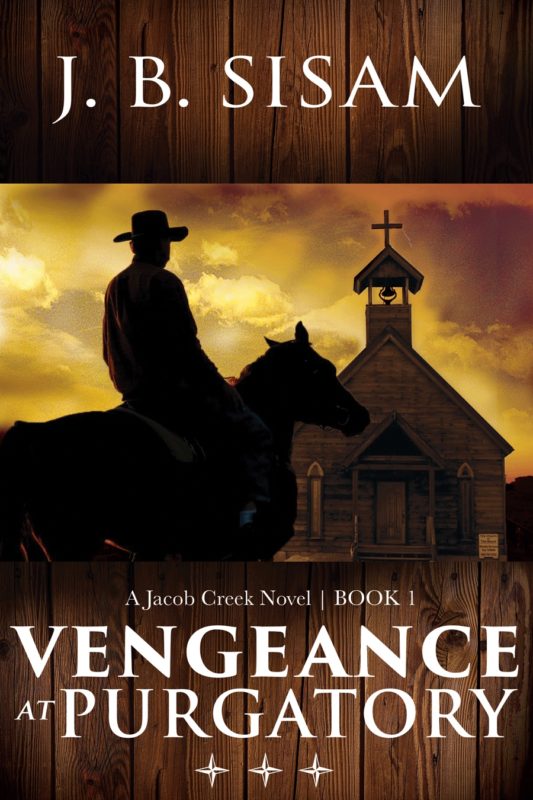In a waking moment, I decided to write daily for 30 days. I desired to be the titular hero in my writing adventure. In other words, the novel won’t write itself.
Most wannabe writers dabble in their novel or book. It’s your longing to finally have that finished manuscript but periodically spending a few minutes you feel it won’t ever happen. Do you resonate with that? I know I did, for years!
That moment sitting in a college composition classroom, when the light bulb came on to finally write a book, was a moment I’ll never forget. I headed back to my dorm room and began plunking away at the keyboard to come up with a story I’d been dreaming about.
After several months, I had two chapters written. Off to see my professor, I handed him my small manuscript, asking for an honest review of my writing. He thought I had a shot at writing fiction.
I wrote four chapters and that was it. The book fizzled and died a lonely death.
Today, I’ve written two books, several short ebooks, and currently working on my third major book. I’ve written, in two weeks, 14,000 words. My novel sits at 23,000 words after dabbling for a year on it. The goal, a finished manuscript in 30 days.
How can you write your book in a short amount of time? Three ways.
1. Know your story, the outline.
I know it’s the word nobody likes to hear. I’ve talked to so many people who say outlines are the devil and they squelch my creativity.
I cannot write without an outline. It’s the breath of life my writing needs to succeed. It doesn’t mean your outline is gospel, but it gives you a framework and roadmap to point you in the right direction. This post has a simple outline that I’m following.
James Patterson never writes a novel without an outline. He said, “Each chapter will have about a paragraph devoted to it. But you’re gonna get the scene, and you’re gonna get the sense of what makes the scene work.”
Take the time and outline your novel from beginning to end. I have a great tool you can use, a storyboard outline tool. Click here to get it, it’s free. It’s what I’m using for my latest novel.
2. Set a goal of when to finish your 1st draft.
Dabbling in a novel or book won’t get you very far. In fact, you’ll never write your book. Every time I’ve set out to write a book, I’ve done so in a 30 day period of time.
I set a goal and I aim for it.
A deadline of getting your first draft written will give you the thrill of seeing that goal accomplished. If your goal is to have it done by the end of the year, set your date on the calendar and shoot for it.
If you fail, that’s okay, you’ve written more in that time than if you just dabbled year after year.
Trust me, looking down at your finished manuscript will bring tears to your eyes and joy to your heart. The best part, writing the second book is easier.
Set the goal, get it written.
3. Set a daily word count goal.
Speaking of goals, you need a daily goal. Stephen Covey said this, ““The key is not to prioritize your schedule, but to schedule your priorities.”
If you want something, you have to make time for it. I heard Michael Hyatt say something like this, “You have to sacrifice for what you want, or what you want becomes the sacrifice.”
Set a daily goal for your word count. I’m trying for 1,500 words a day, Monday – Friday. Right now, I’m on target. I set the goal, and I aim for that goal daily.
If I fail, I try again the next day. The goal is to write daily. John Grisham said, “If you write just 200 words a day, you’ll have a novel just long enough in a couple of years.”
Writing is fun. The joy of seeing your character’s stories come to life is a thrill. But it takes dedication and a willingness to not stop.
Schedule it out, take the time to write daily, set those goals, and when the day comes and you reach your deadline, you’ll have a book you can be proud of. The key is, don’t stop, don’t give up, and don’t surrender to life’s qualms.
[reminder]What goals have you set for your book?[/reminder]


 Jason (J.B.) Sisam. Best-selling Amazon author of the Christian Early Reader book,
Jason (J.B.) Sisam. Best-selling Amazon author of the Christian Early Reader book, 










LEAVE A COMMENT HERE:
Please note: I reserve the right to delete comments that are offensive or off-topic. Also, this is a clean website, use of any language is not tolerated and your post will be deleted.